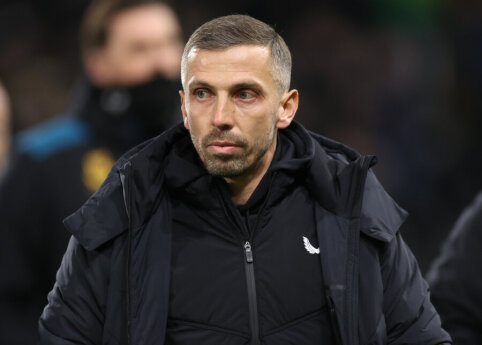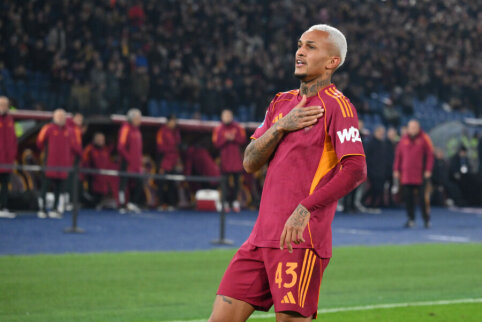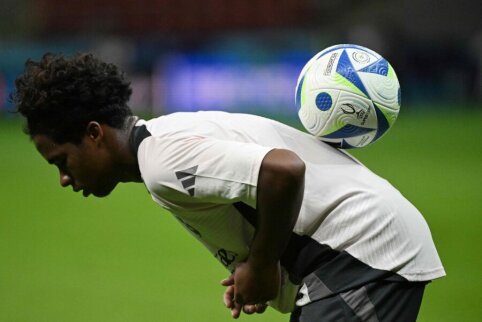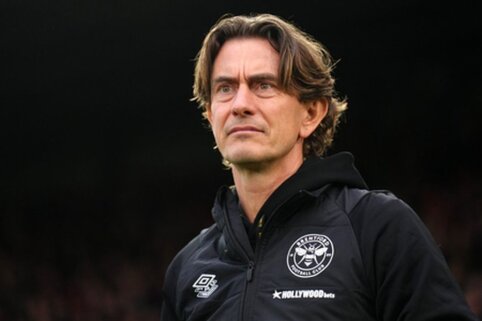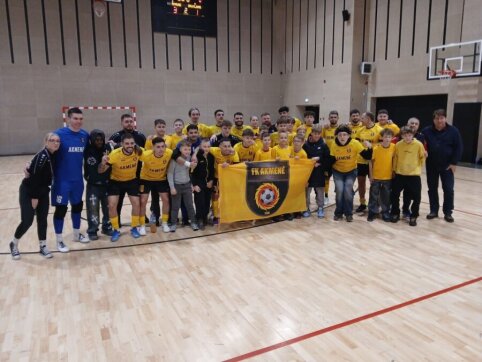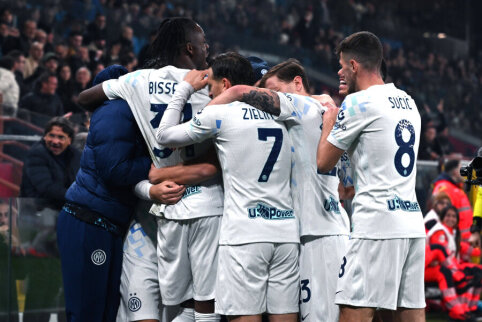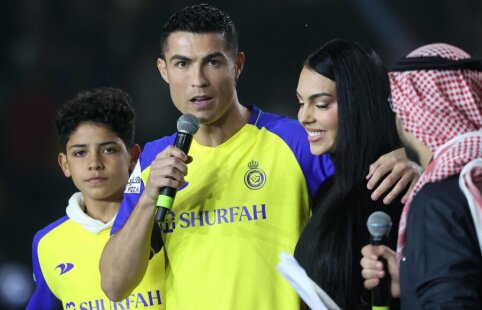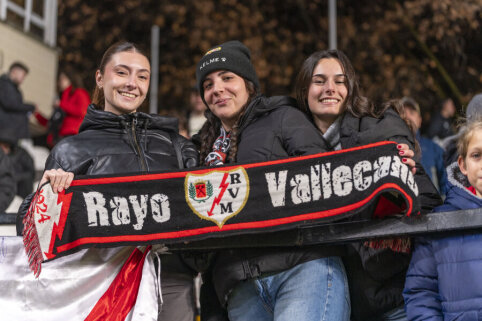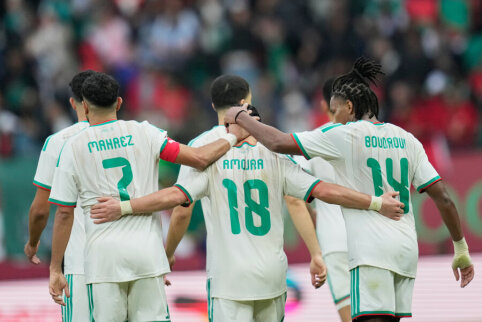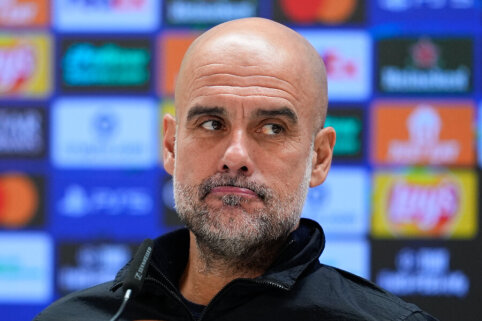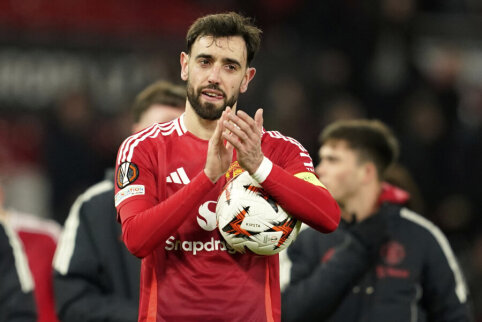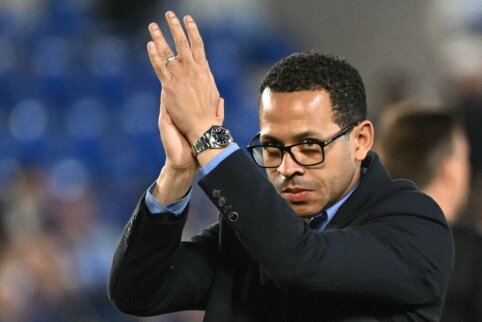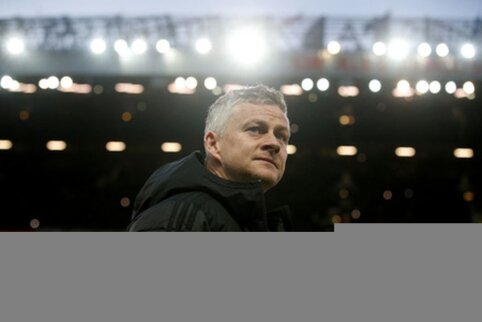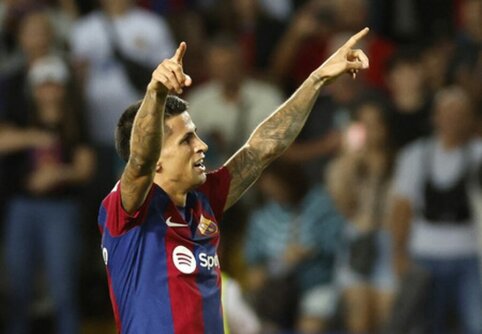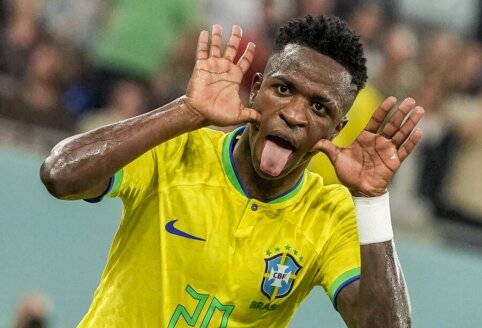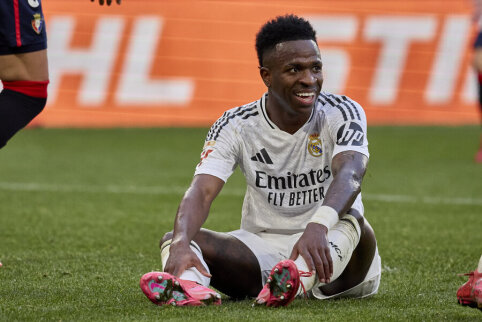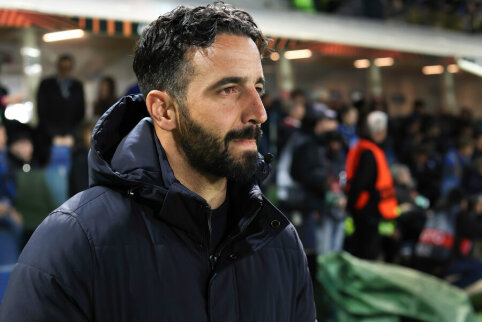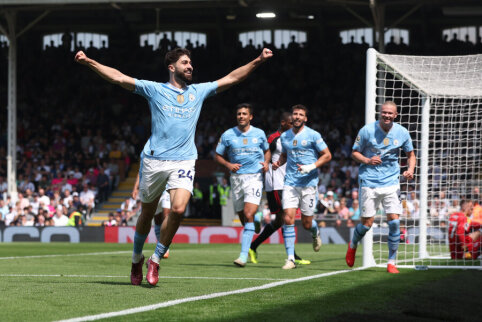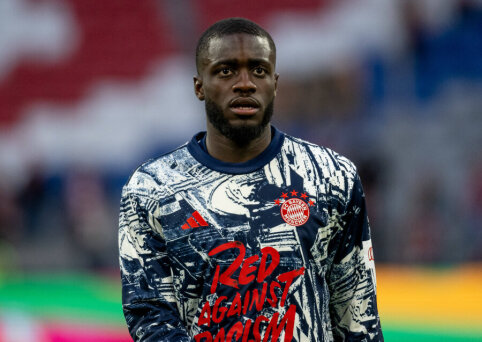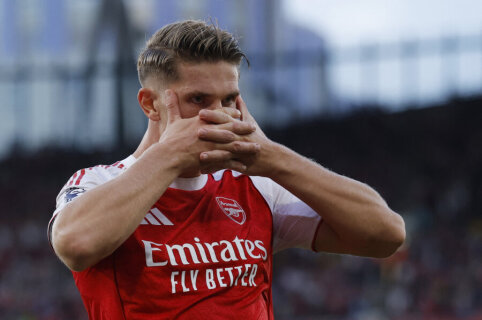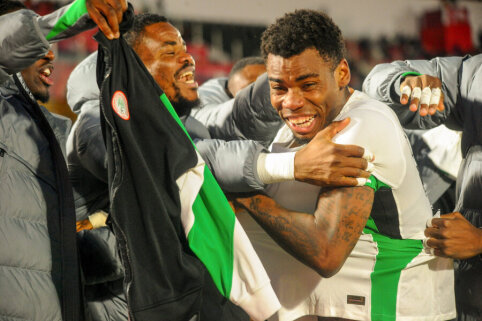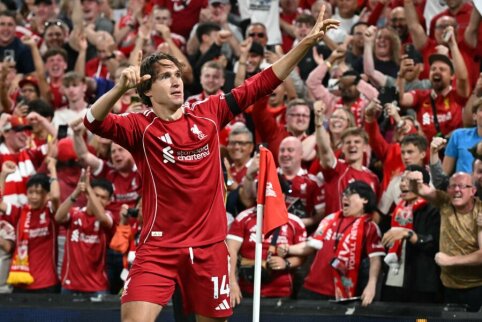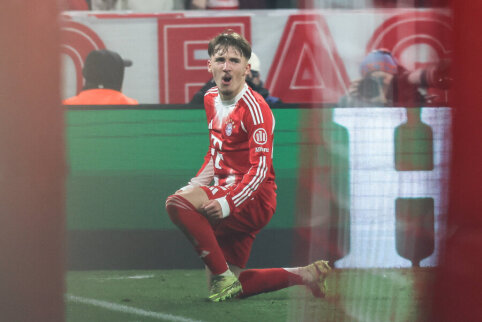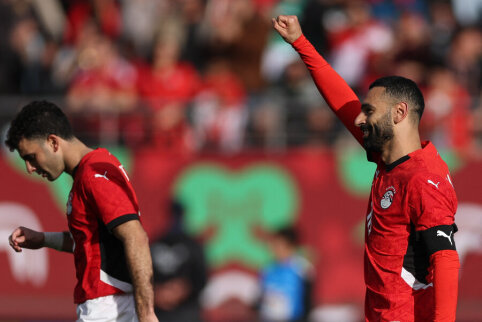 © EuroFootball.com
© EuroFootball.com
Manchester City star Edin Dzeko had a terrible childhood to become one of the best strikers in the world.
The flood that engulfed the village of Polje in the center of Bosnia and Herzegovina finally receded. The three-month rain baggage was unpacked in three days. It was the biggest flood in 120 years, claiming 35 lives and causing 4 billion euros in damage.
The street running through the village of Polje was submerged in water. Almost all the villagers had to leave their homes and seek shelter elsewhere. When the rain finally stopped, people returned to their homes hoping to find what they left behind. There were millions of such people, both in Bosnia, Serbia, and Croatia.
The returning people were greeted by mud-covered streets and flooded homes. Many collapsed: all their property was destroyed.
Most residents became homeless for the second time in their lives: the Bosnian war from 1992-1995 turned 2 million people into refugees.
But among all the scenes of the flood, something else, something different, something unbelievable could be seen. A woman walks down the muddy road with her son. He wears football jerseys with a person's name written on them, who will bring joy to his suffering and anxious compatriots. Edin Dzeko, Manchester City striker, will step onto the field next week, wearing the Bosnia and Herzegovina jerseys at the World Cup in Brazil.
It's hard to imagine how everything can change like that. After a week, Bosnian footballers will step onto the grass at the 'Maracanã' stadium, where they will clash with former world champions, the Argentine footballers, even though just 20 years ago they didn't even dream of it.
Two weeks ago, Edin Dzeko traded training with the Bosnian national team for a charity match for flood victims. Together with his team mates, Dzeko met more than 100 children who suffered from the flood, on the football field. Half of the children wore jerseys with Dzeko's name on them, while the Bosnian gem showed them his football skills with a smile on his face.
Two years ago, a book was released describing people who survived the hell of concentration camps in northwest Bosnia. The book said: "Edin Dzeko's importance to Bosnia is not exaggerated." No one described this matter better or clearer than Asir Selimovic. As a child, Asir managed to escape mass killings in his hometown of Vlasenica because during the war his family moved to another town, where the only way to break away from the war was to play football. Selimovic vividly remembers July of 1995, when a "death" group arrived in Srebrenica to separate boys from men for execution. "My mother had to dress me in girl's clothes so they wouldn't recognize me," he said. In 2011, Selimovic said: "Dzeko is a hero of the people. When Dzeko scores, every Bosnian feels as if he himself scored the goal. Dzeko is our example, he is our hope."
In 1991, Yugoslavia was one of the world football giants. The team reached the quarter-finals of the 1990 World Cup, where they defeated none other than Argentina led by Diego Maradona. Red Star Belgrade won the European Cup in 1991 by defeating Marseille. Then the Yugoslav army, led by Serbia, started a war with the separatist Croatia, and a year later the "slaughter" in Bosnia began. The war divided the country into the Republic of Serbia and Bosnia and Herzegovina. Sports in general did not exist, but only people's passion for football.
Bosnia played its first international match against Iran in Tehran in 1993. Bosnia won 3-1. Congratulating the team on the victory, the President of Iran said, "This is the best way to fight, this is the best way to show yourself to the world." The team progressed further. Only one goal separated them from participating in the European Championship in 2004, they were third in the 2006 World Cup qualifiers, and second in the South Africa qualifying stage four years later.
Often in a country that qualifies for the World Cup finals, the joy is subdued and calm, but when Bosnia secured a ticket to Brazil by defeating Lithuania last October, 50,000 Bosnian fans flooded the streets of Sarajevo. Fan Edin Kararic said, "This was the only good thing that happened in Bosnia in so many years."
But the main jewel in this crown is Edin Dzeko. The Bosnian diamond is what the commentator called the Manchester City striker after he scored a fantastic goal against the Belgians in 2009.
Edin Dzeko was born in 1986 in Sarajevo. His family home was destroyed along with 35,000 other residents. When he was young, Edin was forced to move in with his grandparents and live in a cramped space with his parents and sister.
Sometimes Dzeko is obliged to tell journalists what they don't know about the Bosnian war. "What did it look like?" he was asked once. "It looked like s***," Dzeko replied. Before making his debut at Manchester City, Dzeko introduced himself to the fans with unwavering sincerity: "I had a very unhappy childhood. Our homes were destroyed, so we had to move out." The whole family, about 15 people, was forced to live in a 35-square-meter space. "I was young and very often I cried. Every day I heard the sound of guns," he said. One time, Edin's mother Belma invited him inside, and as if by coincidence, at that moment, a shell landed where he used to kick a soccer ball. Over the bed, Edin had a poster of Andriy Shevchenko, the former AC Milan striker. "We lost friends and relatives," Dzeko wrote in his introduction to Manchester City. "The memories never leave you." Now Edin Dzeko is not only a famous footballer but also the first Bosnian to be a UNICEF ambassador.
In 2003, Dzeko played for his hometown club "Željeznicar" in Sarajevo, but neither the spectators nor the other players saw his talent, except for the team's coach, Czech Jiri Plišek.
When Plišek returned home to train a local team, he desperately wanted one player in his team. He said that if Edin Dzeko doesn't play in his team, he will borrow 25,000 euros and buy him himself. The coach's dream came true, Dzeko arrived in the Czech Republic.
Upon arrival, Dzeko was offered Czech citizenship, but the footballer declined. The same situation occurred later when Edin moved to Germany, to the "Wolfsburg" club. However, in 2011, when Edin Dzeko moved to Manchester City for £25 million, no one even tried to offer him a different nationality. Having become the winner of the FA Cup and the English champion, Dzeko adorned himself with the Bosnian flag, showing his love for his homeland.
By choosing Bosnia, Dzeko answered the question: who am I? This way he sent a message to his parents, children, and his country. Such players are giants. Dzeko chose Bosnia and never regretted it.
"When we look at our great players," says former Bosnian national team member Mo Konjic, "Dzeko stands out not only for his football skills, but also for his journey. On that journey, he witnessed war and now shares those moments with us."
"We see how he overcame all that to become the world's best, Bosnia's best, but in his heart, he remained the same boy: true, noble, open. This is the true beauty of Edin Dzeko."
However, as the country began preparing for the world's most amazing sporting event, natural disasters did not spare the people of Bosnia. Floods, equivalent to the damage done by war, once again ravaged the country. Local government assistance was almost nonexistent, and people could only help each other. But the response from the footballers preparing for battles in Brazil to the disaster was unprecedented. AS Roma goalkeeper Miralem Pjanic provided the affected Bosnian residents with necessary medication. The Bosnian national team played charity matches to help the victims. The main initiator of these actions, Dzeko, said: "So many people died, so many were left homeless. For 20 years, they tried to recover what they lost, but it all ended differently."
Amid the aftermath of the floods, messages and well-wishes surrounded Edin Dzeko and his team's efforts: "Dzeko, you warmed my heart, we will support you in Brazil."
